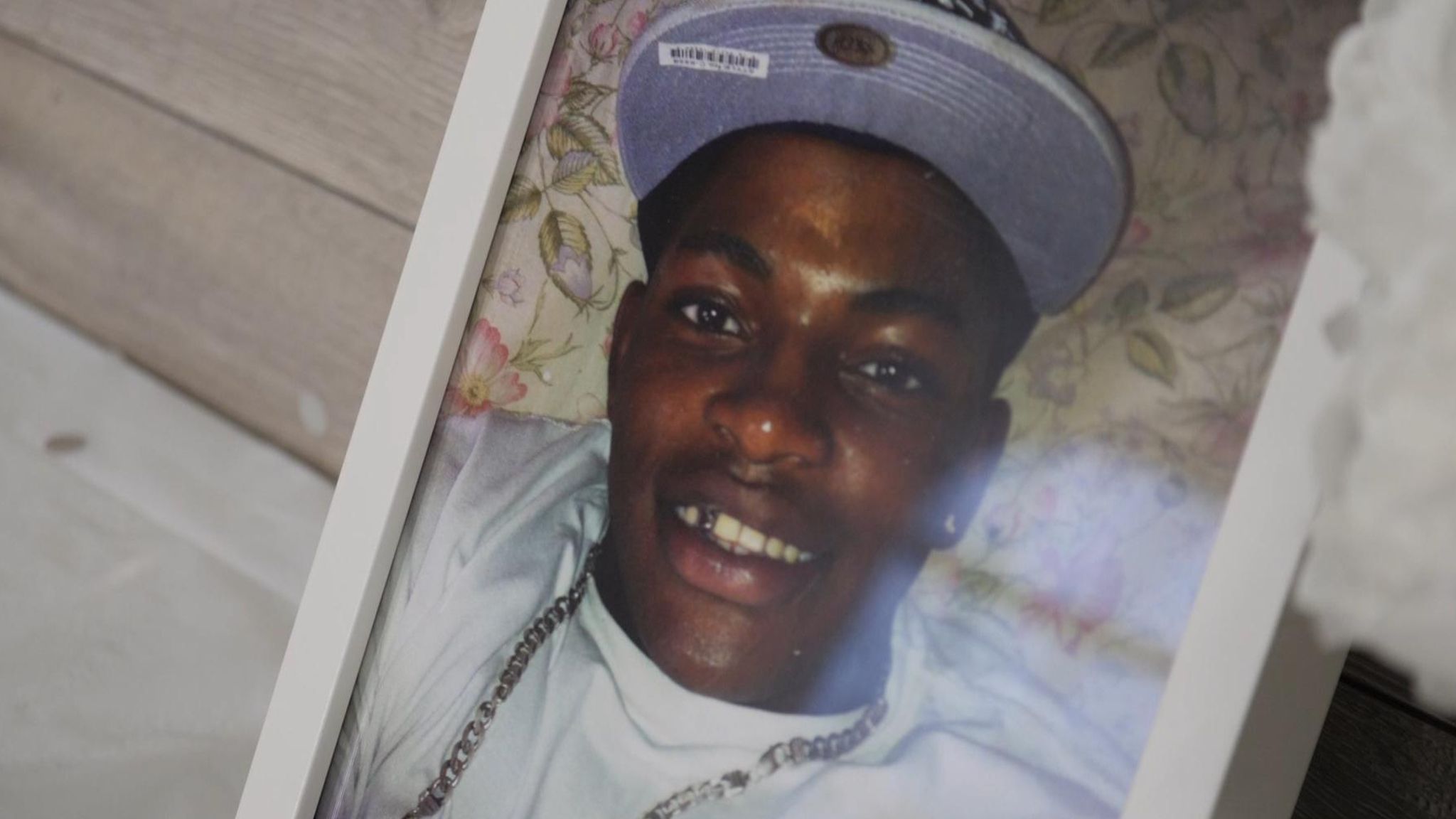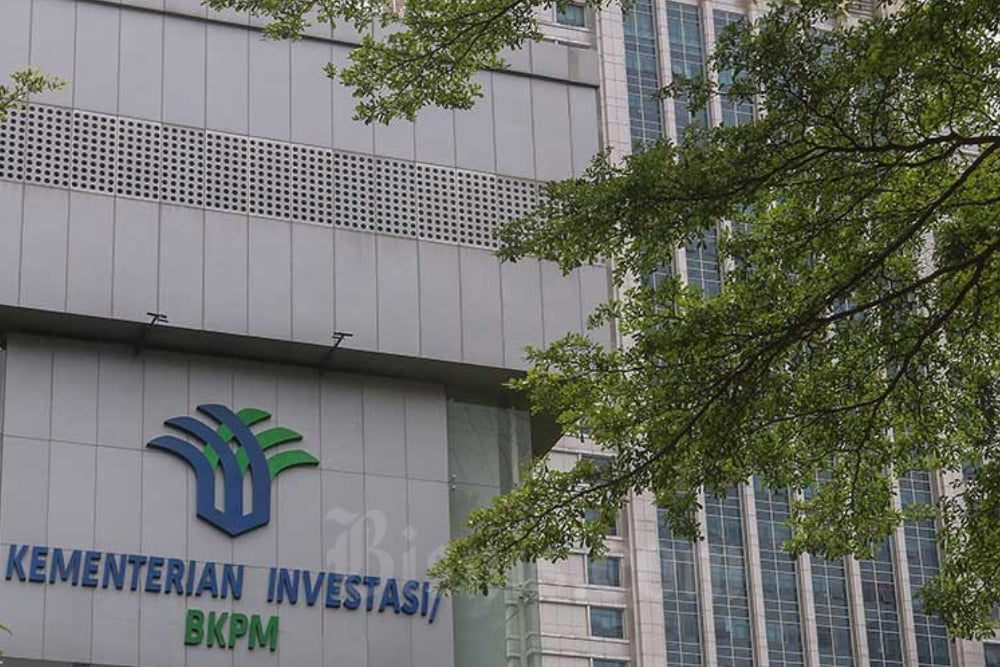Ofcom Complaint Lodged Against Panorama's Chris Kaba Coverage

Table of Contents
Details of the Ofcom Complaint
The Ofcom complaint against the BBC's Panorama coverage of the Chris Kaba shooting alleges several breaches of broadcasting standards. The complaint, lodged by [Name of Complainant – replace with actual name or organization if known], centers on claims of biased reporting, factual inaccuracies, and a lack of due process in presenting the events leading up to and following Kaba's death.
Specific examples cited within the complaint include:
- Unbalanced representation of police statements versus witness accounts: The complaint argues that Panorama gave disproportionate weight to police statements, downplaying or omitting crucial evidence and witness testimonies that contradict the official narrative.
- Omission of crucial evidence that challenges the police narrative: Allegedly, significant pieces of evidence that could cast doubt on the police account of the shooting were excluded from the Panorama broadcast, creating a potentially misleading picture for viewers.
- Use of inflammatory language and imagery: The complaint alleges that the program utilized emotionally charged language and visuals that could have prejudiced viewers against Chris Kaba and fueled negative public perceptions.
- Failure to adequately represent the perspectives of Chris Kaba's family and community: The complaint may argue that the voices and perspectives of those closest to Chris Kaba were insufficiently represented, leading to an incomplete and potentially insensitive portrayal of the tragedy.
Key Concerns Raised Regarding Panorama's Chris Kaba Coverage
The Ofcom Chris Kaba Panorama complaint raises profound concerns about impartiality and fairness in the reporting of this highly sensitive case. The potential impact of the allegedly biased coverage on public perception of both the police and the justice system is a significant concern. The complaint highlights the risk of further traumatizing Kaba's family and community through potentially inaccurate or insensitive reporting.
- Impact on the ongoing inquest into Chris Kaba's death: The broadcast's content could potentially influence the ongoing inquest and prejudice its outcome.
- Potential to prejudice future legal proceedings: The allegations of bias could impact any future legal actions related to the shooting.
- The importance of responsible reporting in racially sensitive cases: Given the racial context surrounding the case, responsible and unbiased reporting is especially crucial to avoid perpetuating harmful stereotypes and narratives.
The Role of Media in Police Accountability
The media plays a vital role in holding police accountable for their actions. Accurate and unbiased reporting is essential for ensuring transparency and public trust in law enforcement. Journalists covering sensitive cases involving police brutality and loss of life face significant ethical considerations. They must balance the public's right to know with the need to avoid causing further harm to victims’ families and the integrity of any ongoing investigations. Inaccurate or biased reporting can severely undermine public trust in crucial institutions, creating a climate of mistrust and hindering the pursuit of justice.
Ofcom's Process and Potential Outcomes
Ofcom, the UK's communications regulator, will investigate the Ofcom Chris Kaba Panorama complaint according to its established procedures. This typically involves reviewing the broadcast in question, considering the evidence submitted by the complainant and the BBC, and possibly interviewing key individuals involved.
Potential outcomes of the complaint include:
- Ofcom finding in favour of the complainant: This could lead to a formal reprimand of the BBC, requiring corrections or apologies.
- No action: Ofcom might decide the broadcast did not breach broadcasting standards.
- A broadcast apology: The BBC may issue an on-air apology if Ofcom finds aspects of the report to be lacking.
The precedent set by this complaint and its outcome will be significant, shaping future broadcast journalism practices and influencing how sensitive cases involving police conduct are reported.
Conclusion
The Ofcom Chris Kaba Panorama complaint highlights critical concerns regarding impartiality, accuracy, and ethical considerations in reporting sensitive cases. The investigation's outcome will have significant implications for media accountability and public trust in both broadcasting and law enforcement. The demand for responsible and ethical reporting extends beyond this specific case, impacting how all matters of public importance, particularly those involving police misconduct, are covered.
Call to Action: Stay informed about the progress of the Ofcom Chris Kaba Panorama Complaint. Follow developments in this crucial case and continue to demand responsible and ethical reporting from broadcasters on all matters of public importance. Demand accountability for accurate and fair reporting on sensitive issues such as police misconduct and deaths in police custody. Let your voice be heard – demand better from our media.

Featured Posts
-
 Angel Home Opener Spoiled By Injuries And Walks
May 01, 2025
Angel Home Opener Spoiled By Injuries And Walks
May 01, 2025 -
 Pekanbaru Incar Rp3 6 Triliun Investasi Lewat Sasaran Bkpm Tahun Ini
May 01, 2025
Pekanbaru Incar Rp3 6 Triliun Investasi Lewat Sasaran Bkpm Tahun Ini
May 01, 2025 -
 Eurovision 2025 When And Where To Watch Live In Australia
May 01, 2025
Eurovision 2025 When And Where To Watch Live In Australia
May 01, 2025 -
 Plummeting Travel Leads To Receivership For Peace Bridge Duty Free
May 01, 2025
Plummeting Travel Leads To Receivership For Peace Bridge Duty Free
May 01, 2025 -
 Xrp Explained Everything You Need To Know
May 01, 2025
Xrp Explained Everything You Need To Know
May 01, 2025
